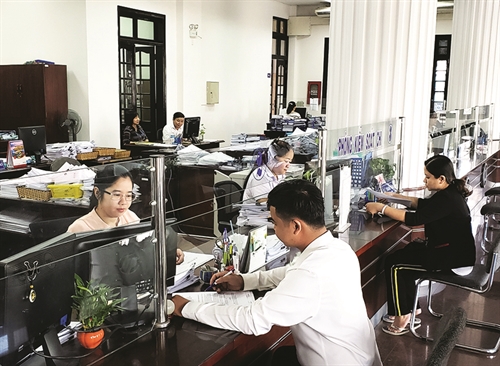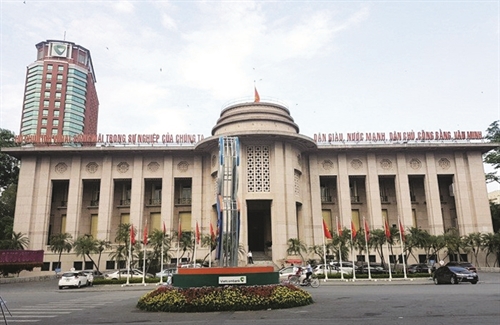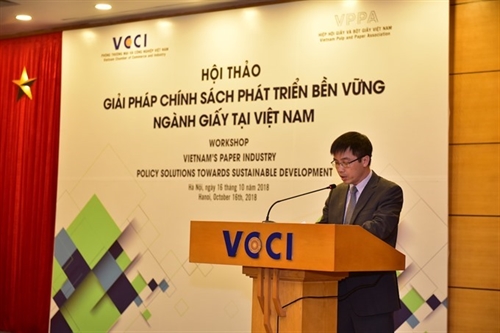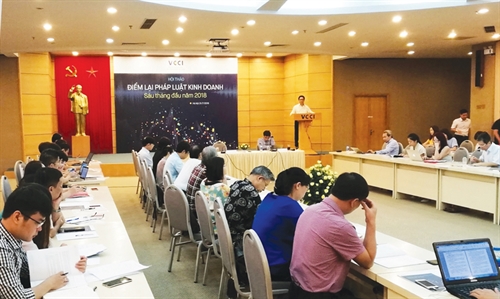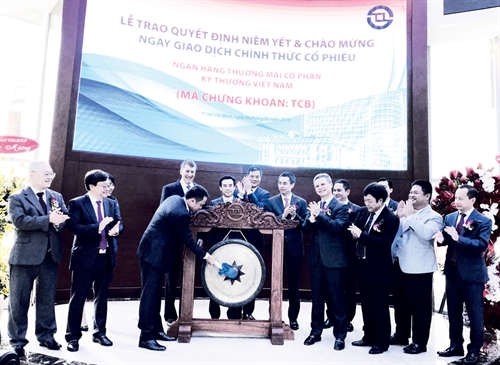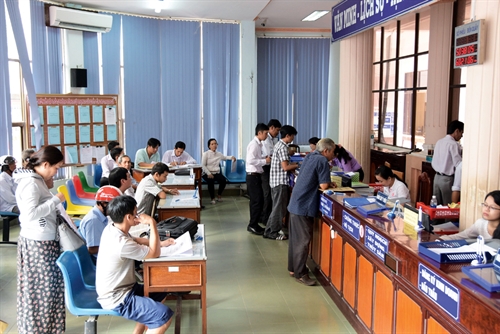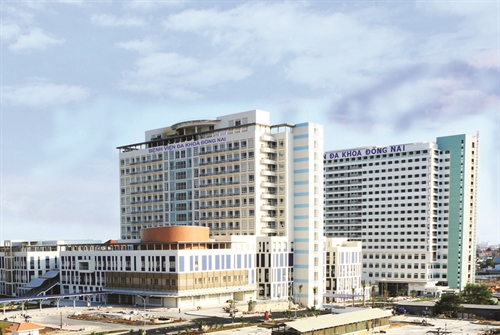Science and technology enterprises will be soon provided with a raft of attractive tax, credit and land incentives, following a decree recently issued by the Government.
In fact, the Decree, coded 13/2019/ND-CP and dated February 1, is not the first governmental document mentioning incentives for science and technology enterprises. Some texts of this type, e.g., Decree 80 of 2007 and Decree 96 of 2010 on science and technology enterprises, were enacted even before the promulgation of the 2013 Law on Science and Technology. In 2014, the Government issued Decree 95 providing for the investment in and financial mechanism applicable to science and technology activities which, however, has one only article on incentives for science and technology enterprises. As a result, current regulations on this issue have somehow become out-of-date and less attractive in the eyes of investors.
In an article published on vietnambiz.vn, Pham Hong Quat, Director of the Ministry of Science and Technology’s National Agency for Technology Entrepreneurship and Commercialization Development, admitted: “Around the country, there are about thousands of enterprises qualified but not yet registered to be recognized as science and technology enterprises.” The reason behind the situation is the lack of exclusive incentive policies for these enterprises. “Just a few businesses have managed to take soft loans from bank. Land incentives are difficult-to-access. Hi-tech agricultural projects need to cover a large land area but some localities cannot arrange land for them,” he said.
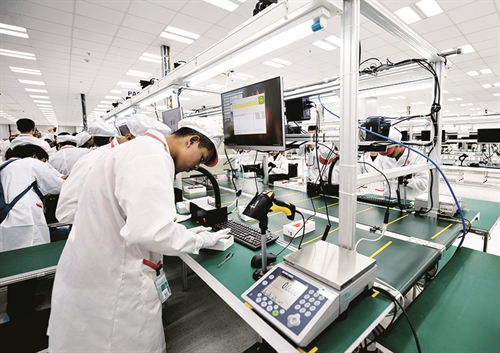 |
| Manufacturing smartphones at VinSmart Company, a subsidiary of Vietnamese conglomerate Vingroup__Photo: Internet |
The new decree, which will come into force on March 20, is expected to solve these problems. With specific support and incentive policies for science and technology enterprises, such as support for commercialization of scientific research and technological development (R&D) outcomes, corporate income tax (CIT) incentives, grant of credit facilities, and land and water surface rental exemption and reduction, Decree 13 will help score the objective of forming 5,000 science and technology enterprises set in the Strategy on science and technology development during 2011-20.
Supports for commercialization of R&D outcomes
According to Quat, science and technology enterprises have a particular feature, i.e., specializing in products and goods formed from the outcomes of R&D activities. The development of science and technology enterprises will boost the application of scientific and technological advances in production and daily-life activities and create high-quality products. However, science and technology enterprises are still facing numerous difficulties in product commercialization. The State’s incentive policies just focus on promotion of technology transfer without providing direct supports for enterprises in such activities as brand building, advertising, and intellectual property rights registration. For this reason, many products have succeeded in gaining reputation but are still incapable of competing with foreign rivals.
Decree 13 now provides a combination of supports and priorities, which are designed to give science and technology enterprises a hand in commercializing the outcomes of their R&D activities.
Specifically, science and technology enterprises will be prioritized and offered free access when they need to use machinery and equipment at national key laboratories and state-run technology incubation centers and scientific and technology research institutions to conduct R&D activities or trial production of new products. However, such enterprises will have to pay expenses for procurement of materials and supplies needed for their activities at these laboratories, centers and institutions.
The Decree goes on to stipulate that science and technology enterprises may use their own science and technology development funds and other lawful funding sources to commercialize the outcomes of their R&D activities. They will also be given with priority when participating in state-funded projects on commercialization of R&D outcomes and intellectual assets.
Specific support levels for commercialization of R&D outcomes will comply with the State’s regulations. Additionally, enterprises will be entitled to exemption from registration fee when making registration of land use rights and house ownership rights, and exemption from and reduction of import duty and export duty on goods serving R&D and trial production activities.
In addition, investment projects on production of products formed from R&D outcomes of science and technology enterprises will be entitled to the State’s investment credit in accordance with current law.
CIT incentives
Under Decree 80 of 2007, to be entitled to CIT incentives, a science and technology enterprise must record a turnover from products and goods formed from R&D outcomes accounting for at least 30 percent in the first year, 50 percent in the second year, and 70 percent from the third year onward, of the total turnover. In reality, as most science and technology enterprises in Vietnam are small-sized ones with limited potential, they can hardly satisfy this condition.
Decree 13 now offers CIT exemption for four years and a 50-percent reduction of the payable tax amount for the subsequent nine years for incomes from production of and trading in products formed from R&D outcomes; and provision of new services with application of R&D outcomes in the field of information technology. To enjoy such tax incentives, an enterprise must have the turnover from these products and services making up at least 30 percent of its total annual turnover. In case the enterprise fails to meet the turnover condition in a fiscal year, it will be ineligible for tax incentives in such year.
Credit incentives
Under the Decree, science and technology enterprises will be entitled to receive soft loans from the National Technology Renewal Fund or science and technology development funds of ministries, ministerial-level agencies, government-attached agencies, provinces or centrally run cities on the condition that they have collaterals for such loans. In case they borrow loans from commercial banks, they will receive from these funds with an interest rate support at most equal to 50 percent of the lending interest rates applied by such banks.
The National Technology Renewal Fund and ministerial- and provincial-level science and technology development funds will also provide loans with preferential interest rates to science and technology enterprises whose projects are evaluated as feasible, or grant guarantee for them to borrow capital from commercial banks. In addition, science and technology enterprises that meet the conditions set by the Credit Guarantee Fund for Small- and Medium-Sized Enterprises may apply for grant of credit guarantee from this fund.
Land and water surface rental exemption and reduction
To facilitate its implementation, the new decree designates provincial-level Science and Technology Departments to cooperate with agencies that receive dossiers of application for land allocation, land lease, or permission for change of land use purposes in determining land or water surface areas used for scientific and technological purposes which are eligible for rental exemption or reduction.
Enterprises which have been granted certificates of science and technology enterprises before March 20, the effective date of Decree 13, may continue enjoying incentives and supports prescribed in previous documents. In case they satisfy the conditions for enjoying the incentives specified in this Decree, they may opt to apply either of these policies for the remaining period.- (VLLF)
